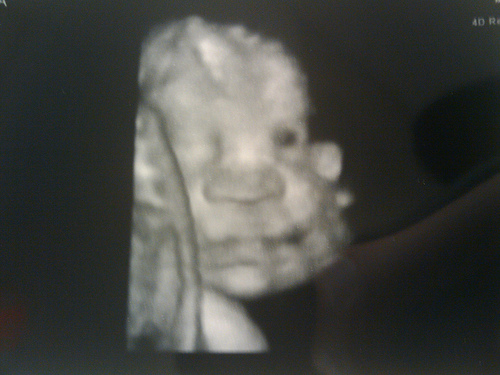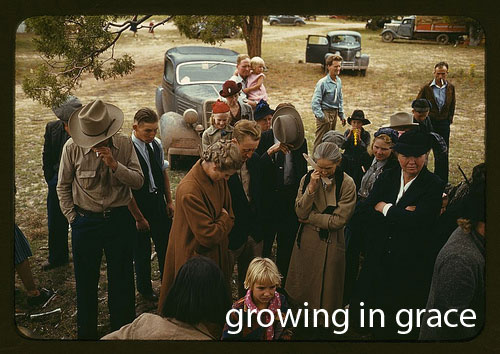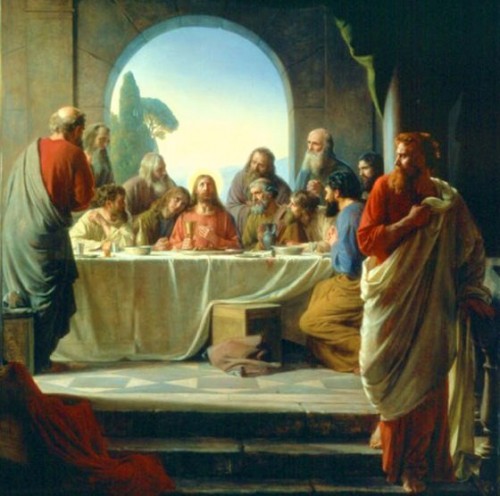Rachel Held Evans wrote a great piece this week on abortion and the conflict she’s felt growing up conservative and pro-life and now voting for pro-choice candidates and wrestling with what the Christian response should be.
For a lot of pro-lifers, it seemed, abortion was all about the baby… For a lot of pro-choicers, it seems, abortion is all about the woman… So just as I grew irritated with the pro-life movement for its inconsistency and simplistic solutions, I grew irritated with the pro-choice movement for its callousness and disinterest in discussing the very real ethical concerns surrounding the termination of a pregnancy.
I can identify with so much of what she wrote.
I remember standing in a pro-life protest in high school and having a woman scream out her window at us, “It’s not your choice! It’s not your choice!”
And now I find myself moving away from a solid stance on abortion and wrestling with the middle ground of either sides.
I’m not OK with abortions. I think it’s a horrible thing. But I’m also not OK with pro-life being co-opted into a one issue term. Pro-life should be pro-life at all stages of life. From conception, to birth, to wars, gun control, capital punishment and the last breath we breathe.
I’m also not OK with the attempts to demonize people on either side of the issue.
I shared with a co-worker a few weeks ago that while I don’t want to see any baby aborted, I also realize there are so many issues at play when a woman feels the need to abort a baby. I shared that that’s one reason I appreciate the work of many who are really giving mothers an option – rather than just demonizing those who might choose to have an abortion.
It’s been reported that Mother Teresa was called “Mother” by so many because she truly was their mother. If a girl had an unwanted pregnancy, Mother Teresa would not only bring the mother in as her own but also the unborn baby. She went beyond the talking points and political fight and worked towards a holistic approach.
As followers of Jesus, I hope we can all carry out a more holistic approach in caring for people, rather than simply trying to legislate an evil out of existence*. And I hope that we can work towards more common ground between both sides of the issue rather than staking our claim to the moral high ground.
*Yes I do highly see the irony in that statement as someone who is pro-gun control legislation.




